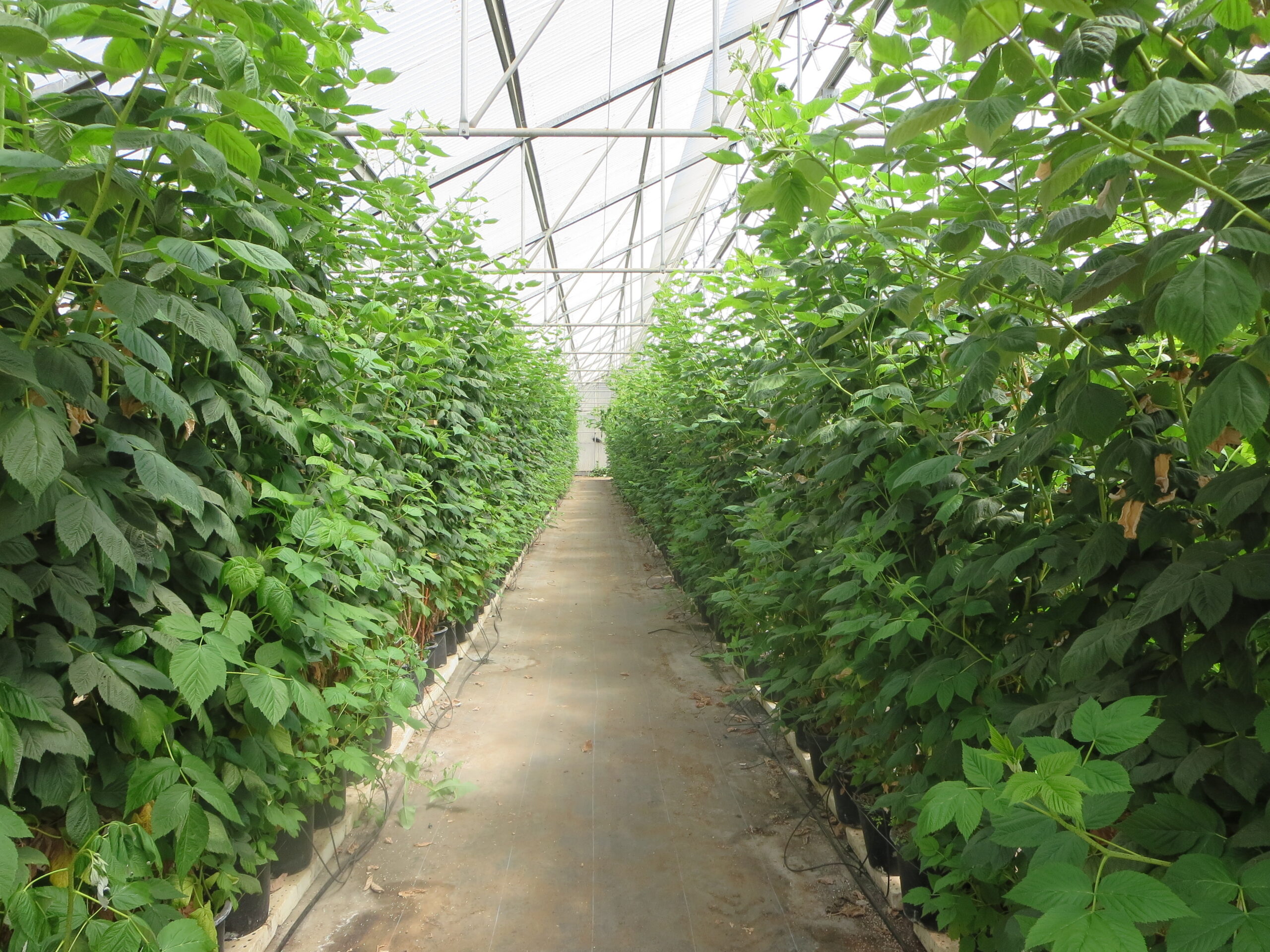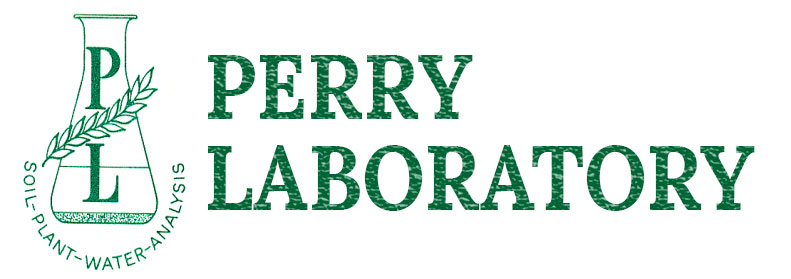Advising and Testing for Intensive Agriculture
In Intensive Agriculture, crops are grown in non-traditional growing systems such as growing outdoors in a substrate growing medium, often made of peat, coir or wood products.
This type of growing can be done without soil fumigation and may be the way many agricultural crops are grown in the future.
The floricultural industry transitioned to this type of growing system in the early 1990’s and now there is interest from traditional agriculture, most notably the berry industry at this time.

Over 20 Years Experience
Perry Laboratory has been active in Intensive Agriculture growing systems since the early 1990’s and has adapted many of the techniques learned previously to the growing systems of today.
